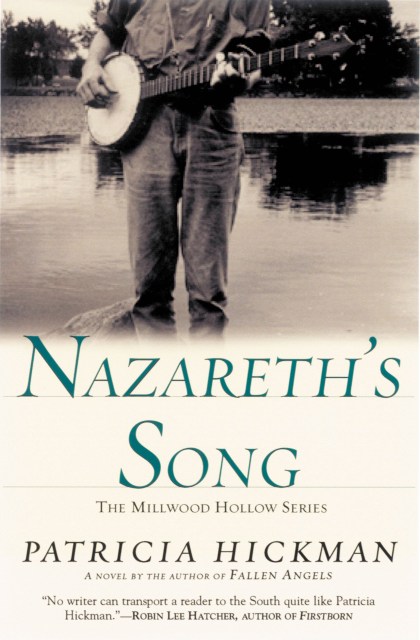Promotion
Use code MOM24 for 20% off site wide + free shipping over $45
Nazareth's Song
Contributors
By Patricia Hickman
Formats and Prices
Price
$21.99Price
$28.99 CADFormat
Format:
- Trade Paperback $21.99 $28.99 CAD
- ebook $9.99 $12.99 CAD
This item is a preorder. Your payment method will be charged immediately, and the product is expected to ship on or around June 1, 2004. This date is subject to change due to shipping delays beyond our control.
Also available from:
The further adventures of a drifter-turned-pastor and a trio of loveable orphans in this second installment of her series.
Genre:
- On Sale
- Jun 1, 2004
- Page Count
- 336 pages
- Publisher
- FaithWords
- ISBN-13
- 9780446692335
Newsletter Signup
By clicking ‘Sign Up,’ I acknowledge that I have read and agree to Hachette Book Group’s Privacy Policy and Terms of Use







